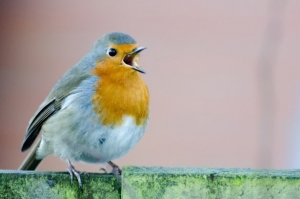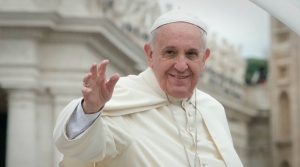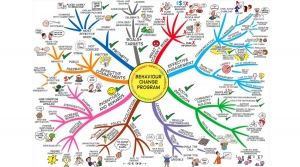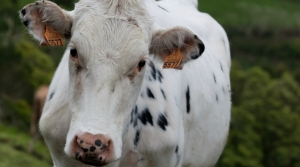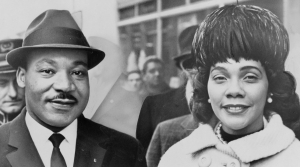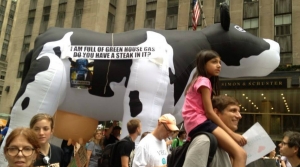Displaying items by tag: Social Change
Reflections on the Animal Protection Movement
Why Animal Protection Advocates Are Lauding Pope Francis’s Encyclical, 'Laudato Si'
In the past several days, much attention has been riveted on a newly published document spanning nearly 200 pages. No, it isn’t the latest best seller, or the script for an award-winning film. It is Laudato Si', the latest papal encyclical on the protection of “our common home,” issued by Pope Francis. While encyclicals have historically been written with a Roman Catholic audience in mind, what makes this one unique is that it is addressed to every person on the planet. Given the pattern of Pope Francis’s embrace of and appeal to people from all walks of life to date, this inclusive call to action is hardly surprising.
Work Smarter Not Harder: Resources to Improve Your Communications Strategy
Working in animal protection, we all have important issues we are focused on and which we want to raise awareness about. Without raising awareness, many of our issues would see little improvement. However, the fact of the matter is that simply shouting the loudest about our cause won’t necessarily lead to the desired changes. We must work smarter, not harder.
Social Marketing for Animals vs. Social Media Marketing for Animals: Is There a Difference?
When many people hear the term “social marketing” they imagine Facebook, Twitter, and the ever-growing world of social networks, which are increasingly used for targeted and effective marketing. However, “social media marketing” and “social marketing” are actually two different things. While “social marketing” might include social media as an outreach tool, social marketing can also utilize traditional communications channels. So, what is social marketing exactly and how does it apply to animals?
Dream the Dream - for Animals Too!
Martin Luther King Jr. Day is the day to celebrate the life and achievements of this great man.
Martin Luther King was a leader in the movement for racial equality in the United States. He was also an advocate of non-violent protest, and became the youngest man to be awarded the Nobel Peace Prize.
Animal Protection: The Next Great Social Change Movement?
One question that is often asked in international animal protection circles is: “Why is our movement taking so long to become a real force for social change?”
This is particularly striking when you compare ours with the modern environmental movement – a ‘newcomer on the block’, with its beginnings in the 1960s, but which has already gathered critical mass.
World Animal Net Participates in the People's Climate March
On September 21, 2014, the historic People's Climate March brought some 400,000 people to the streets (with numerous marches in solidarity around the world) and WAN is proud to have been among them. Marchers aimed to show the United Nations that climate matters and to encourage the organization to take strong action on climate change at the 2014 Climate Summit, attended by heads of state.

